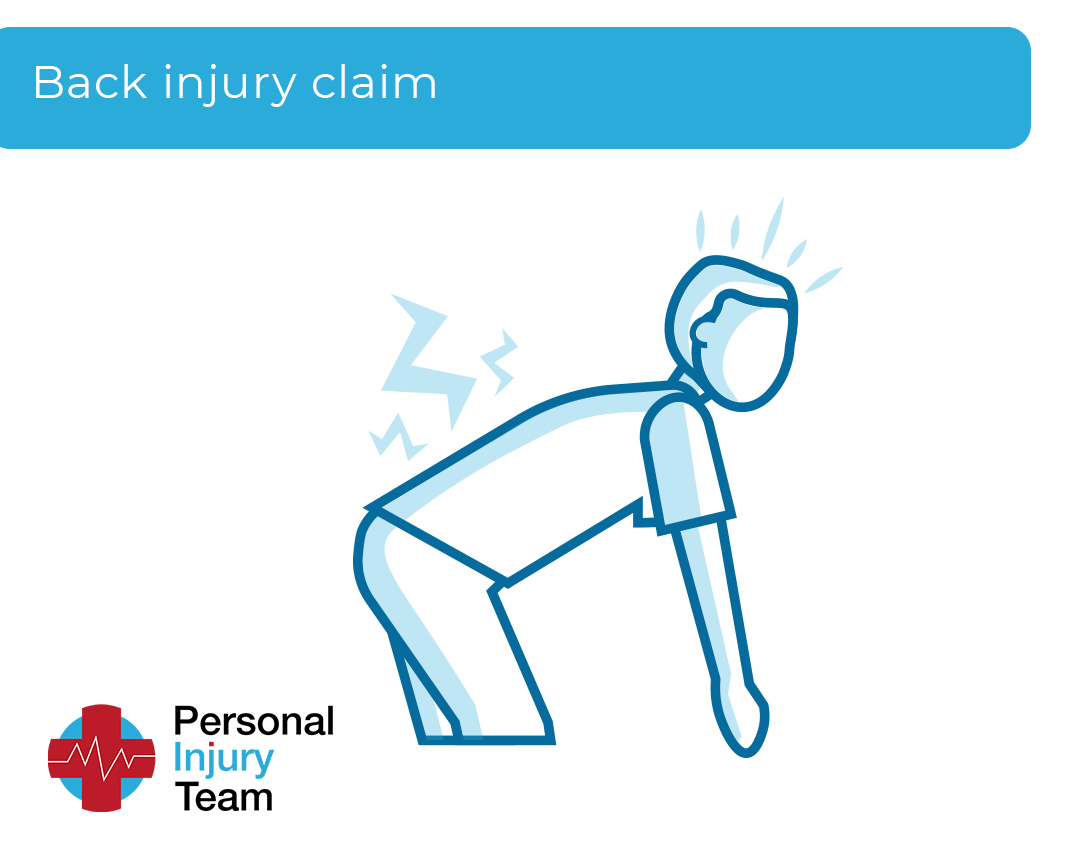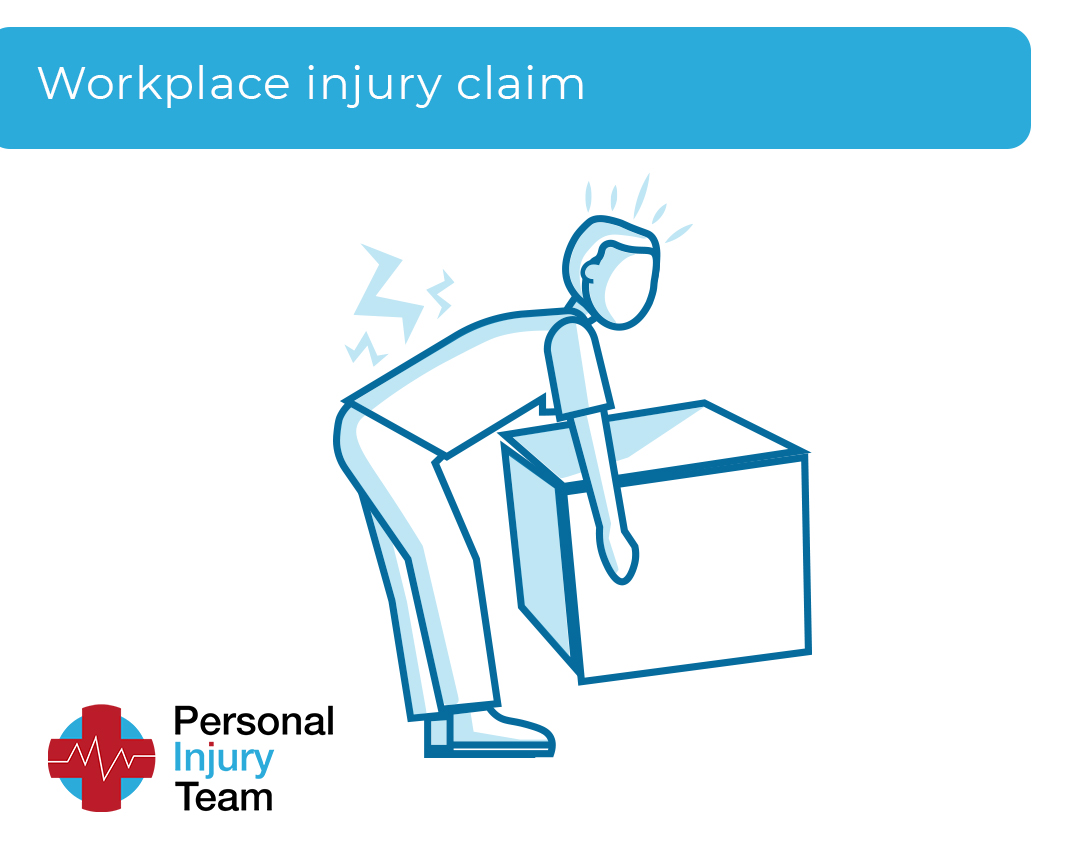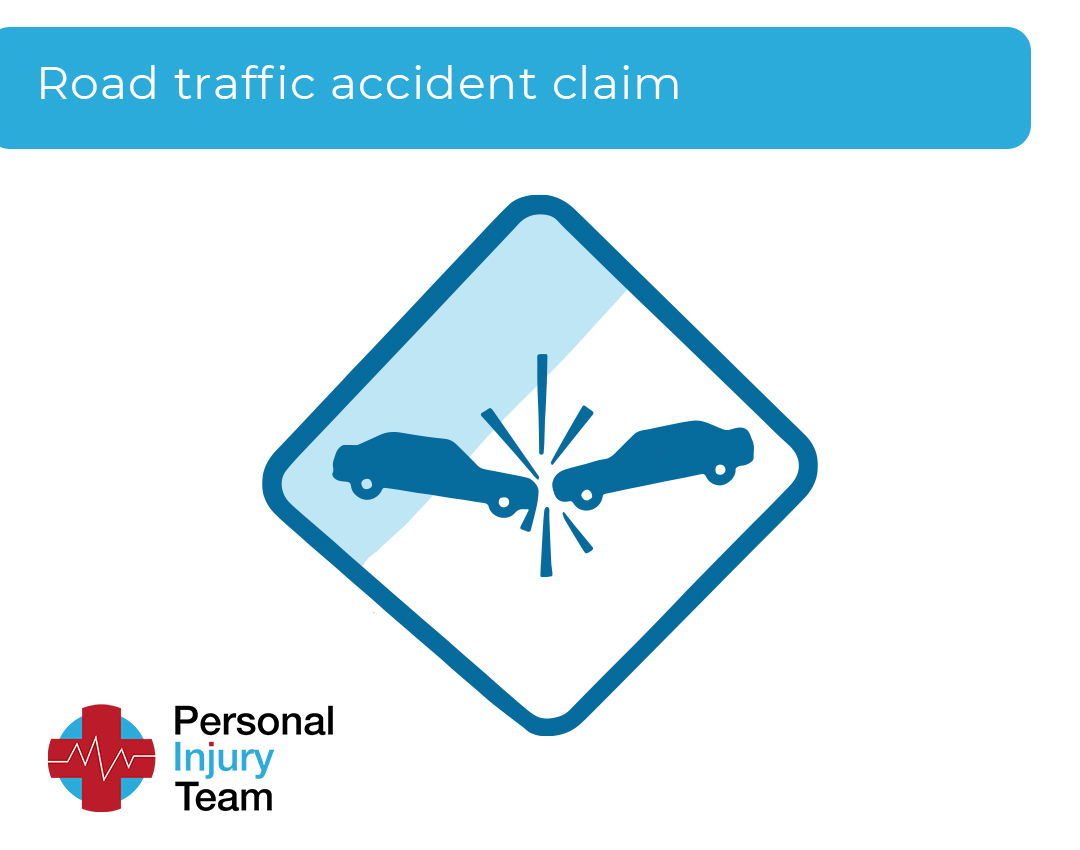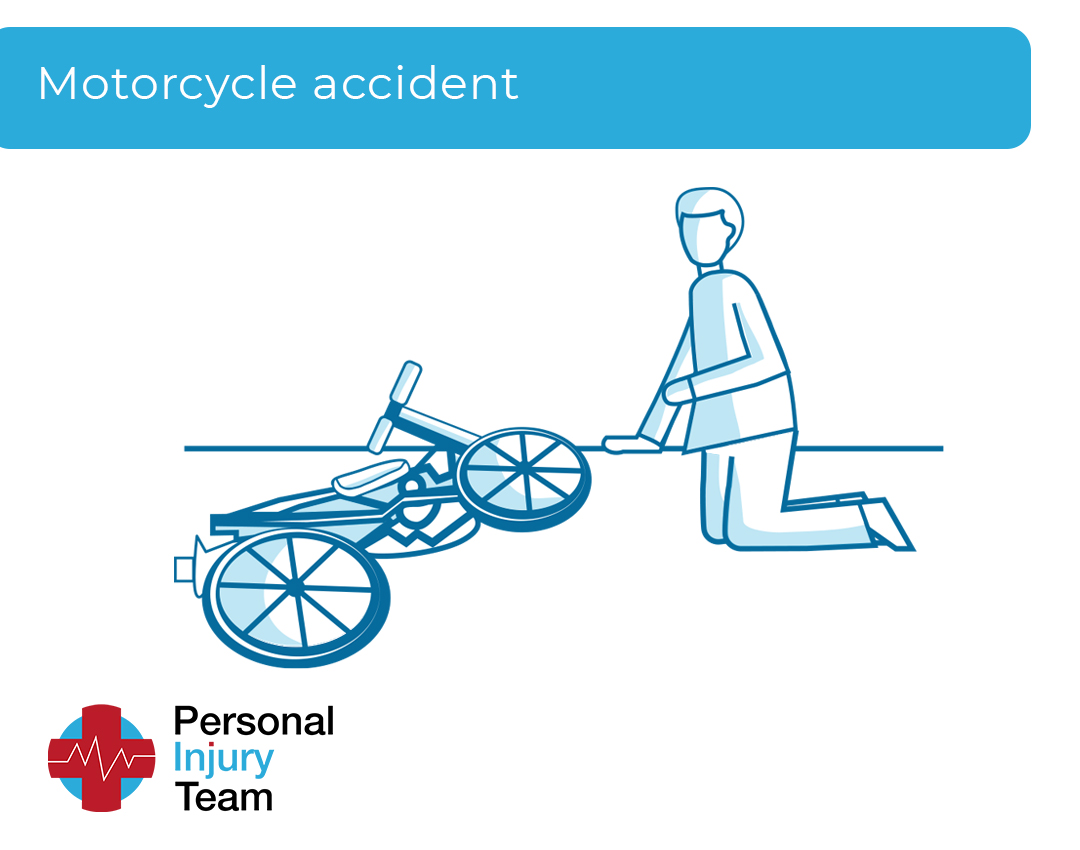Back injury claims are for the personal injury, any past or future financial losses and the broader impact on your life.
You may be entitled to claim compensation if you have suffered a back injury that was not your fault. Our lawyers at Personal Injury Team UK have specialist knowledge and experience in back injury claims to win compensation for you.
Your personal injury solicitor seeks to recover damages through a claims process. If you have been injured, and your life was impacted by an accident that was someone else’s fault, a claim for compensation seeks financial redress for your injuries and losses.
If you have been involved in a personal injury accident and it was not your fault, The Personal Injury Team No Win No Fee solicitors can file your compensation claim and get you the money you deserve.

Table of content
Compensation for a back injury claim?
A back injury is a painful and long-term type of injury. You could be in hospital and be in recovery for months or even years after the accident or diagnosis of a back injury. Compensation will compensate you for physcial damages as well as out of pocket expenses as a result of your accident.
Compensation ranges amount for back injury claims are as follows:
(Note: The figures given here are for General Damages amounts only. You will also receive compensation for any financial losses you suffer due to the personal injury. Figures are taken from Judicial College Guidelines 16th Edition and are accurate as of April 2023.)
Common back injury claims
Common back injury claims are for muscle, ligament, bone, and nerve damage. Each type of back injury will have its own complications and affect your life.
Back injury claims are for the severity of the damage to your back and the financial implications for how you live your life.
Common back injury claims are for:
Each type of back injury will have a cause and can be due to a work injury, car accident, or a slip, trip and fall when in public.
Your No Win No Fee personal injury solicitor will advise you on your compensation claim for a back injury and how to manage your claim from start to successful finish.
Back injury claims at work claims
Back injury claims at work are for an injury to your back that was not your fault. There are many types of back injuries at work due to accidents, tasks you are not trained for, and repetitive work.
Common back injury claims at work are:

Back injury from incorrect seating
Back injury from incorrect seating is from sitting at your desk for a long time but in a substandard chair. Your desk may be at the wrong height or too wide for the work you do from the chair.
The back pain from sitting in an ill-designed chair can become chronic and even keep you off work.
Your employer could be liable for duty of care negligence in not providing suitable seating for employees.
Back injury from slip, trip or fall at work
A back injury from a slip, trip or fall at work includes damaging your back falling over boxes at the office, slipping on a wet floor in the warehouse or tripping on an uneven surface.
The back injury from a slip, trip or fall at work could be cracked vertebrae, slipped disc or soft tissue injuries.
Your employer could be liable for not providing a safe work environment for staff.
Back injury from lifting incorrectly
Back injury from lifting incorrectly could be moving boxes around the office, lifting furniture or stacking goods in the storeroom.
Torn tendons, herniated discs and pulled muscles in the back come from lifting incorrectly in the workplace and can become problems for life.
Your employer may be liable when you suffer a back injury for lifting incorrectly, and they have not provided proper training, lifting equipment or a back brace and gloves.
Back injury when falling from a height
Back injury when falling from a height can be a very severe injury at work. You could break bones, crack vertebrae and do a lot of damage to your spine.
You cannot break your fall if you are not in a harness. You could fall on your back, and many injuries when falling from a height result in paralysis and quadriplegia.
The employer may be liable for not providing a harness and a safe working environment which results in you damaging your back while at work.
Back injury from doing repetitive tasks
Back injury from doing repetitive tasks includes tendonitis, back pain, nerve damage and disc problems.
The repetitive tasks of lifting, turning, bending and twisting will do a lot of damage to the back. The injury may even be made worse if sitting in the one position for a long time while at work.
Your employer should provide adequate breaks as well as education on the dangers of back injuries and how to prevent them while doing repetitive tasks.
Back injury claims due to a traffic accident
Back injury claims due to a road traffic accidents are made by drivers, passengers and pedestrians. A simple jolt from the car stopping suddenly can damage your back, and you might be able to claim compensation for the suffering.
Common back injury claims due to a traffic accident are:

Spinal cord injury
Spinal cord injury after a car accident will have a devastating effect—permanent damage to the spinal cord results in disability and chronic severe pain.
Bruising and pressure injury to the spinal cord reduces mobility. Secondary effects from a spinal cord injury, such as blood clots and regular surgery, can affect you for life.
Herniated discs
Herniated discs result in severe pain in the lower back area. You will need constant physiotherapy and, eventually, surgery in many cases.
Pressure from a herniated or slipped disc on the spinal cord and nervous system causes chronic pain and disability in some car accident victims.
Sciatica
Sciatica is a condition from pressure on the nerves in the lower back and pelvic area.
The pain can be unbearable for some and will shoot down the legs, making it impossible to perform everyday tasks.
Sciatica is a common injury from a car accident and one that may be with you for life.
Thoracic spine injury
Thoracic spine injury is often seen involving a car crashing while going at speed. The thoracic spine injury affects the ribcage and chest region and is mainly an upper back condition.
Damage to the nerves and spine is usually permanent, with severe and life-changing mobility issues.
Lumbar spine injury
Lumbar spine injury after a car accident will spread pain throughout the back and leave you with many mobility issues.
In a lumbar spine injury, you can strain muscles, tendons and ligaments, and the effects can be with you for life.
The driver of the car that hit your car might be liable in any back injury claim. It may also be the driver of the car you are in if they do not maintain it properly, or are driving dangerously or recklessly.

Back injury due to trip, slip or fall
Back injury due to trip, slip or fall covers the damage done to your back due to the negligence of others.
You might have a claim for compensation if you trip, slip or fall over incorrectly stored rubbish or a poorly kept footpath and injure your back.
A trip, slip or fall injury can be a trip on a cracked pavement, a slip on a wet floor or a trip over unattended cables in a public hall.
Common back injury due to a trip, slip or fall is:
Herniated disc
A herniated disc can quickly happen from a trip when out walking that yanks your back out of place. The chronic pain may be with you for life, and you could need regular surgery.
Sprains and strains
Sprains and strains to the muscles, ligaments and tendons of the back are very sore and will take time to heal. A slip on a wet floor could do a lot of damage to the back area and keep you laid up for some time.
Sprains and strains are also known as soft tissue damage, and you could have trouble sitting, standing and moving around the home or at work.
Broken bones
Broken bones in the back from a trip, slip or fall include cracked vertebrae, ribs and lower back problems.
A broken bone in the back needs time to heal and may have you off work and unable to do simple day-to-day tasks.
Back injury in a public place
Back injury in a public place can happen anywhere outside of the home. You can suffer any injury from a soft tissue one to spinal cord damage and quadriplegia.
A public place is anywhere you can access without needing the property owner’s permission. It could be the pub, local park, shop, or even the footpath outside the school.
Common back injuries in a public place may be caused by:
The owner of the public place might be liable for the back injury you suffer. They have a duty of care towards those who access the public place and should keep it safe for all users.
The pub landlord, the local council, the sports club, and the gym are responsible for your safety when on their property. You might be able to claim compensation for the damages from the injury to your back if they are negligent in their duty of care.
